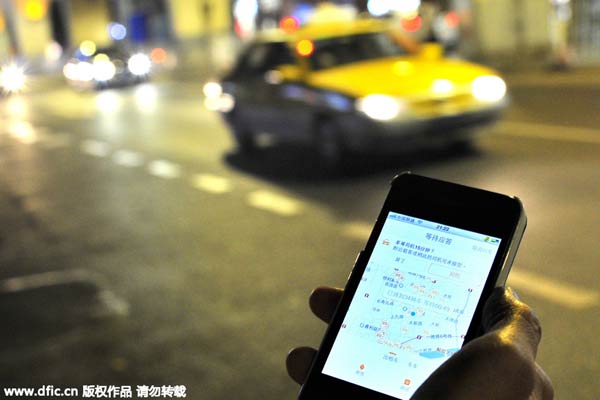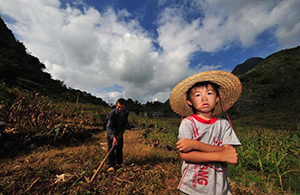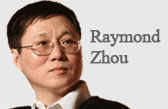Govts should leave cab-calling apps to market, and act only as supervisors
(China Daily) Updated: 2016-06-21 07:47
 |
|
A man uses taxi-hailing app Didi Dache on his smartphone on a road in Guangzhou, South China's Guangdong province, April 9, 2015. [Photo/IC] |
NATIONAL MOBILE CAB-CALLING APPS such as Didi and Uber still face problems as many local governments impose fines on their drivers. Besides, some local governments are developing their own mobile cab-calling apps using State capital, which makes the competition unfair, says an editorial in Beijing News:
Some local governments say it is difficult to supervise Uber and Didi, although their taxi services have proved a success. Even if the local governments are right, the correct solution lies in better regulation of the market, instead of the governments joining the market.
In a market economy, the government is supposed to make fair market rules and ensure they are applied. In other words, local governments should act at referees, not become market players themselves.
Actually, some local governments are penalizing Uber drivers while developing their own apps because Uber challenges their monopoly in taxi management that allows local authorities to take a high percentage of the cabbies' incomes as profit. When people turn to Uber, the traditional taxi monopolies, supported by local governments, start losing their market shares. And some local governments want to keep that part of the profit by developing their own apps.
But the move is against the ongoing reform, as well as the central leadership's advocacy that State capital should exit from industries where its role is unnecessary. The central leadership has also said that private capital should be given more freedom and space in the market, yet the local governments are doing the opposite.
The market is teaching the local governments a lesson, too. Reports show most of the government-developed cab-calling apps are failing in the market. If they continue investing State capital for developing such apps, they will waste more taxpayers' money.
Therefore, the local governments should stop developing their own cab-calling apps.

I’ve lived in China for quite a considerable time including my graduate school years, travelled and worked in a few cities and still choose my destination taking into consideration the density of smog or PM2.5 particulate matter in the region.











